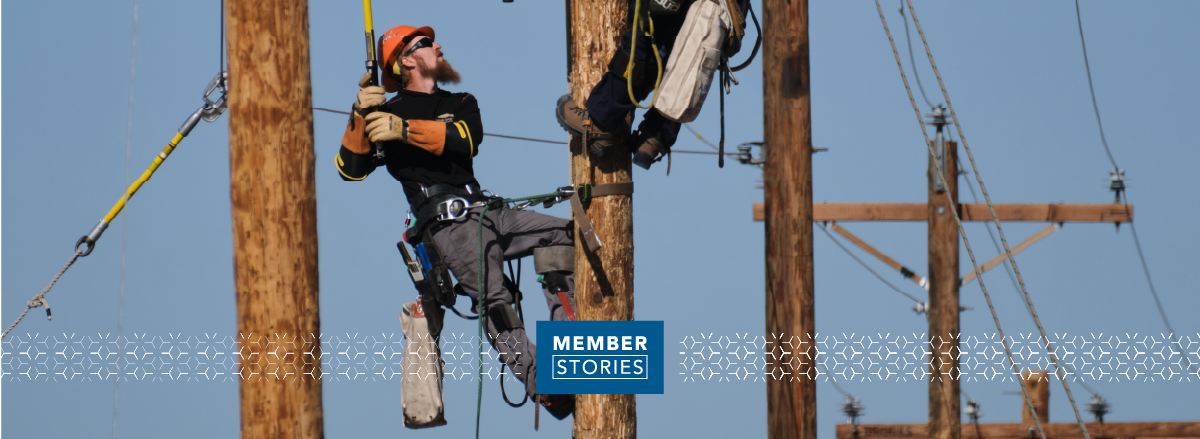
Empowering Cooperatives: Inside Mesa Hotline School’s Dedication to Excellence
Every May, over 500 line workers, teachers and volunteers gather in Grand Junction, Colorado at the Mesa Hotline School for the two-week annual learning event. The school attracts participants from across the United States, emphasizing safety and reliability in electrical transmission and distribution. It’s an energetic and transformative learning experience with the aim of equipping people with the knowledge and skills needed to keep the lights on for the communities they serve.
David Williams knows the feeling well.
“I remember walking into this school in 1988 and looking at the guys that were running the school and thinking, well, I'll probably never reach that level.”
Thirty-six years later, Williams was back on campus, this time as the president of the school. From being an apprentice to earning his journeyman certification, then holding a variety of positions on the school’s governing board while also working as the operations superintendent at Mountain View Electric Association, Williams has had a front row seat to one of the best examples of what Cooperation Among Cooperatives looks like.
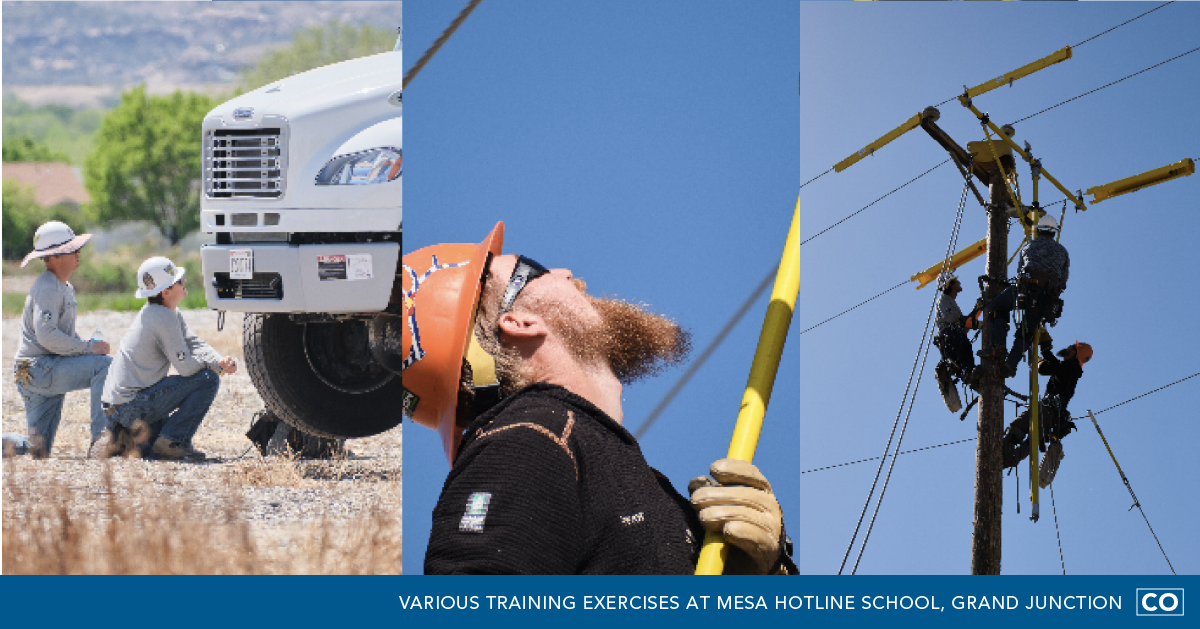
What is Mesa Hotline School?
Founded in 1966 by Empire Electric Association and Yampa Valley Electric Association, the Mesa Hotline School emerged from a growing need for specialized training in electrical line work. It was initially established to serve the rapidly expanding rural electric cooperatives but has evolved into one of the premier training facilities for line workers across the country.
Now every spring, the school hosts two, week-long intensive training sessions for line workers from 78 cooperatives, municipal utilities, investor-owned utilities and Tri-State Generation and Transmission that make up the membership of the school as well as students from Colorado Mesa University’s Electric Lineworker Program. The classes are facilitated by a team of board members, volunteers, instructors, and industry vendors committed to advancing the skills and knowledge needed to deliver reliable, safe and dependable electrical services.
The hotline school takes place towards the end of the school year and CMU technical instructor Nick Reimer knows the positive effect the training can have on students. “Mesa Hotline School is probably the greatest networking opportunity that these kids will ever get in their careers,” he details. “It's all concentrated here on their home turf and everybody's here for the same reasons: to train and to learn.”
With the wide variety of courses and expertise on display from the instructors, it would take around 7-8 years to attend every class offered during these sessions. Topics have evolved to include as many aspects of the trade as possible including overhead and underground distribution, installations, fault locating, switching, hot-sticking, rubber gloving and more.
The Importance of Transmission for the Future
Every year brings something new, but this year several groups came together to build a transmission field. Tri-State was proud to contribute to this effort by donating poles, wire and crews that made this new learning opportunity possible.
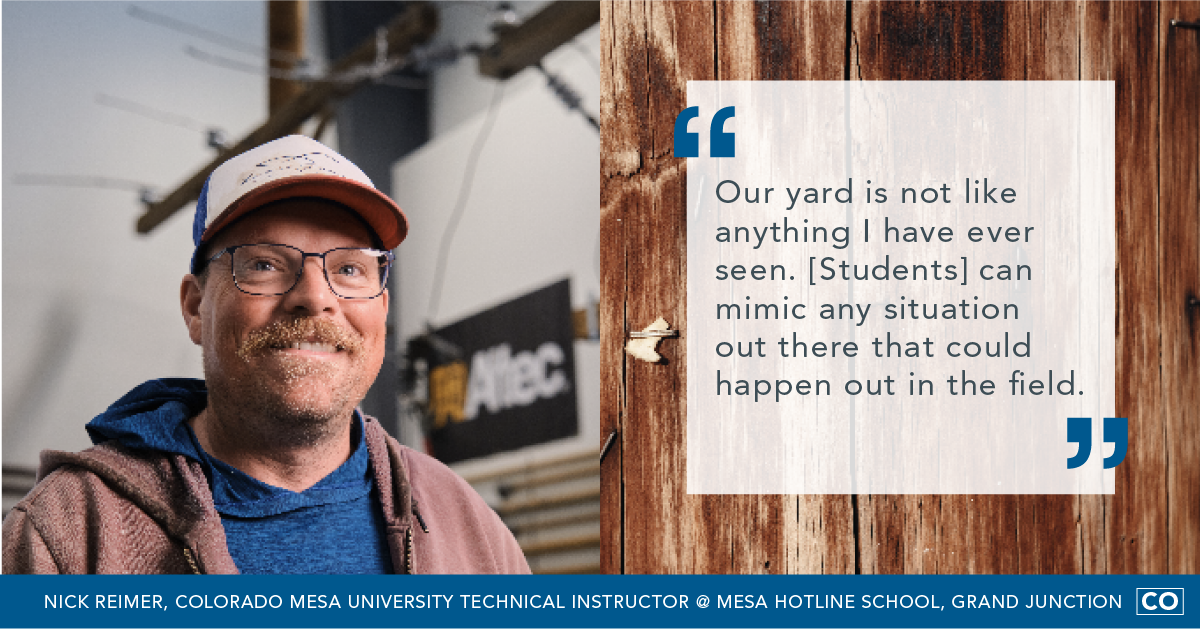
Reimer already described the school’s training field as Cadillac-esque, and with the new transmission capabilities, this program can now offer an important skill that more and more line workers will need in the future. As the need for and use of electricity grows, building new facilities is an option to ensure consumers have safe, reliable energy.
A Shared Responsibility to Power the Future
For those that know it well, the Mesa Hotline School is remarkable in the ways that it hasn’t changed since its founding. It still operates thanks to members that combine their resources and knowledge to provide the ultimate training experience. The new transmission line is just the most recent example of adaptability and cooperation in the school’s long history.
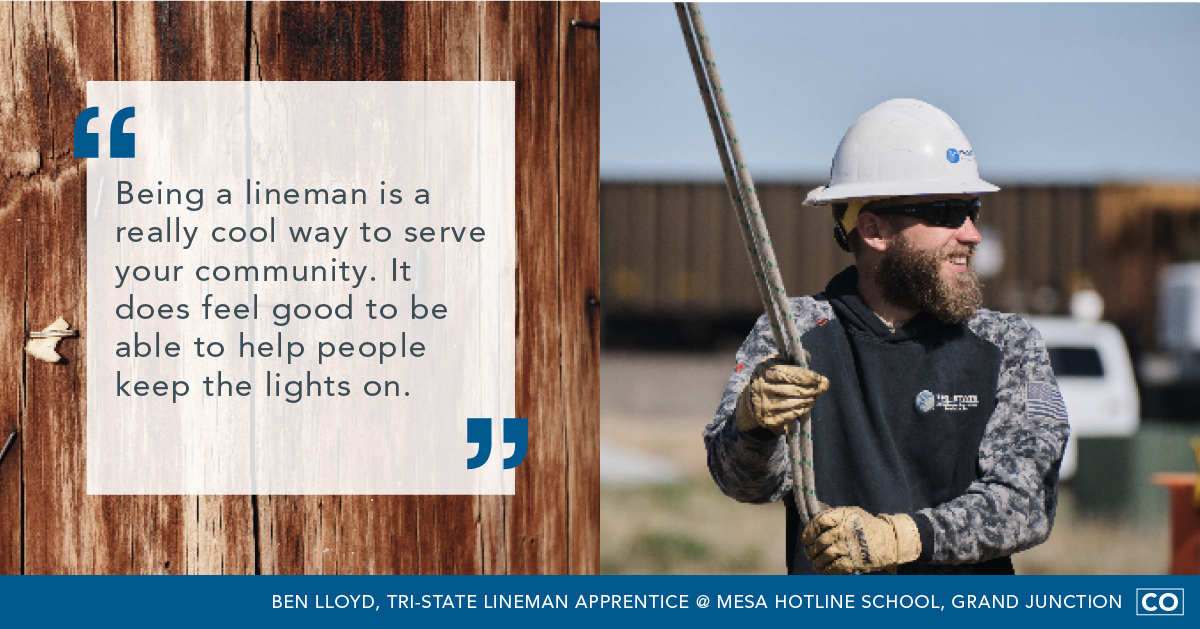
“We’re a group of co-ops and utilities and municipalities that understand how important it is to give our people the training that they need, and we share that responsibility,” said Williams.
Everyone leaves Mesa Hotline School understanding the seriousness of the industry with the varied training showing that there is always something to learn, another way to get better or a new technique to stay safer.
For the last sixty years, the school has stood as a testament to the cooperative spirit of the electric utility industry, ensuring that line workers receive the continuous education essential for this demanding but rewarding profession.
Thanks to their commitment we can feel confident saying that whatever the future holds, we’ll power it.
--
About Tri-State
Tri-State is a power supply cooperative, operating on a not-for-profit basis, serving electric distribution cooperatives and public power district member-owners in four states. Together with our members, we deliver reliable, affordable and responsible power to more than a million electricity consumers across nearly 200,000 square miles of the West. Visit www.tristate.coop.
Blog Posts

Earth Day Energy Tips

Teachers Re-Energized as Students Learn About Electricity Online
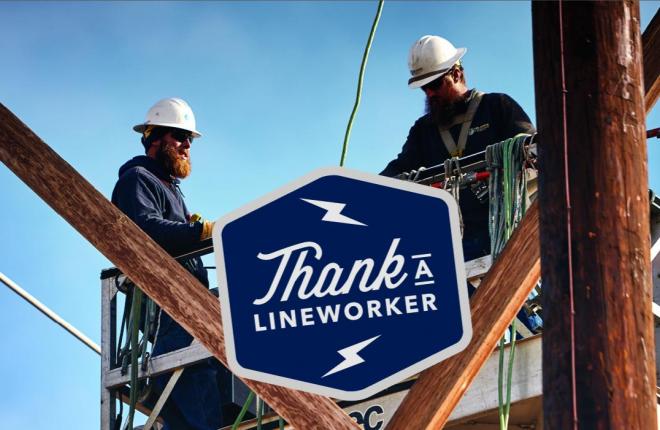
Lineworker Appreciation Day 2020

6 Unusual Technologies Emerging in Clean Energy

Energy Conservation Tips While You and The Kids #StayAtHome

Read This Before Investing In Rooftop Solar

3 Energy Conservation Tips You Can't Afford to Miss

5 Reasons Why You Should Buy an Electric Vehicle in 2020

